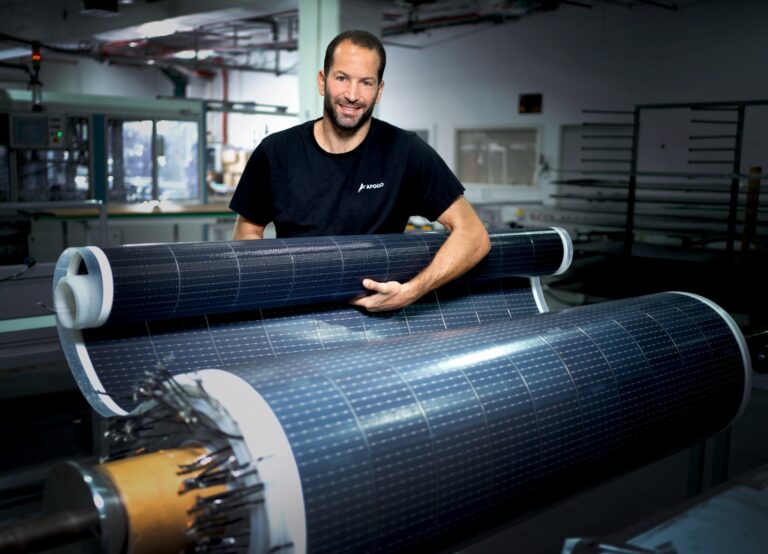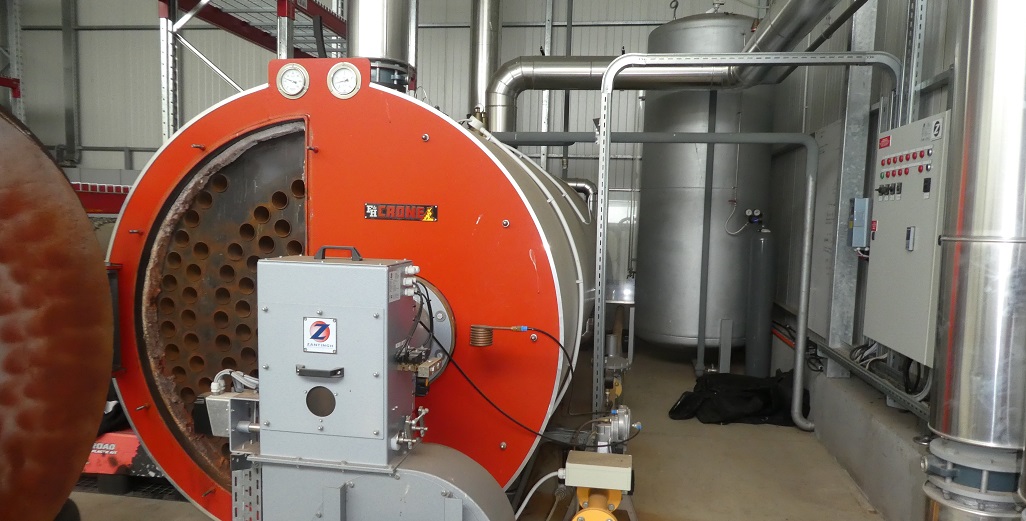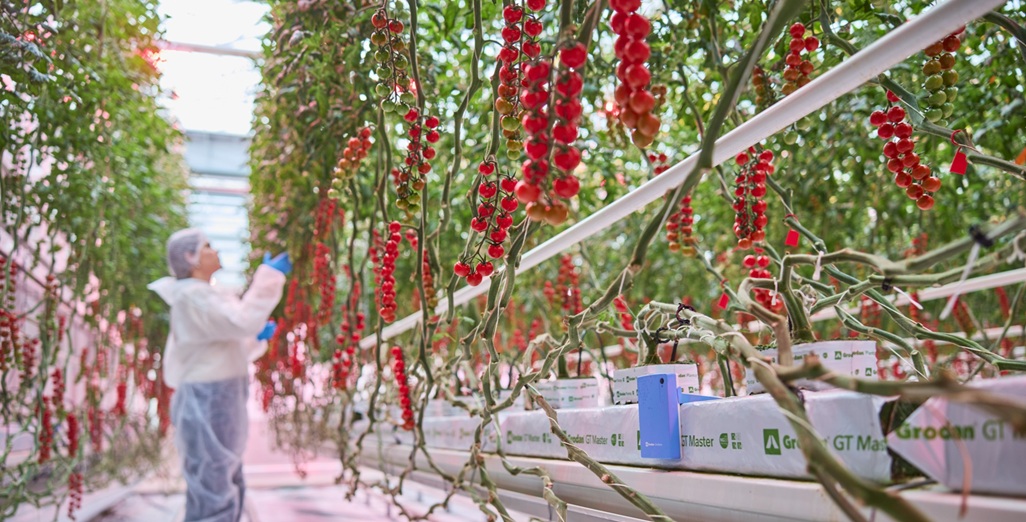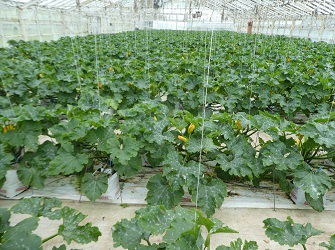Sign up here to subscribe to the Grower2grower Ezine. Every two weeks you will receive new articles, specific to the protected cropping industry, informing you of industry news and events straight to your inbox.
Feb 2024
Flexible Solar Panels Look Set to Disrupt the Industry

Startup Apollo Power has developed lightweight, flexible solar panels that can turn any surface including a car roof into a power-generating platform. Amazon, Volkswagen and Hyundai are already on board.
The roof of a sprawling Amazon logistics center in France will soon be blanketed with 5,000 square meters of lightweight, flexible solar panels from the Israeli company Apollo Power. Outside, a unique solar pavement by Apollo is already generating clean electricity to charge employees’ electric bikes and scooters.
Volkswagen Group placed a 33 million euro order with Apollo for 10 years’ worth of the flexible film to charge their new electric vans with sunshine.
“I have it on my own roof, and I think everyone will do this in the future,” says Apollo CEO and cofounder Oded Rozenburg. “Why put 2,000 kilograms on your roof when you can put only 350 kilograms on your roof?”

That simple equation convinced Rozenburg to join forces with Eran Maimon in 2013.
Maimon, an expert in solar energy, physics and mechanical engineering, had invented a photovoltaic paint during his studies at Tel Aviv University that eliminates the need to envelop silicon wafers in glass.
World-changing
“The problem is that the basic technology of solar cells is very thin silicon wafers. Silicon wafers are super fragile so you need to coat them with glass and the panels become heavy, expensive and limited to places that can hold the weight,” explains Rozenburg.
“The idea of flexible, lightweight panels collecting energy from the sun for free, I thought, is something that can change the world.”
It took several years to raise money and perfect the invention at the Technion-Israel Institute of Technology. In 2020, Apollo opened a small factory in Yokne’am and started to sell its solar film.
Today, with many customers and strategic partners under its belt, Apollo Power has built the biggest flexible solar panel factory in the world, in Israel’s Carmel region.
The fully automated 11,000-square-meter factory positions Apollo to serve the global market, now that the panels have received both UL (North America) and IEC (International Electrotechnical Commission) certification enabling them to connect to the electrical grid in many countries.
Article Source and to read more go to – Flexible solar panels look set to disrupt the industry – ISRAEL21c
CLASSIFIED
Photo
Gallery
Subscribe to our E-Zine
More
From This Category

Gas ‘crisis’ warning as MBIE warns again supply falling faster than expected

Attention: gas-using businesses

Botrytis Alert: Key Strategies to Minimize Losses

Phormium launches Noctis Thermo that offers energy savings of 72%.





























































